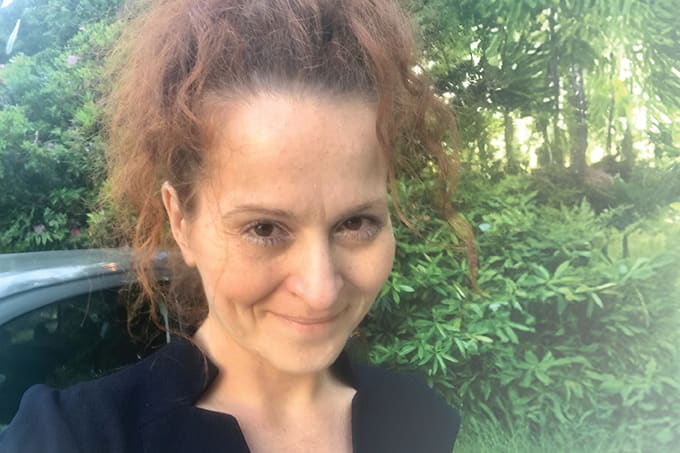When we talk about the power of mass spectrometry (MS) testing, it can be easy to overlook (or forget) the challenges involved in translating a promising approach to the clinical lab. And, in the context of COVID-19, MS already has strong competition: real-time RT-PCR offers impressive sensitivity and specificity and lateral flow tests are tough to beat on speed and cost. So is there any room for MS in the fight against this pandemic – and those of the future?
Leading mass spectrometrists think so! And despite the hurdles ahead of translation (from training personnel to proving the robustness of the tests themselves), Perdita Barran and her team at The University of Manchester, UK, managed to achieve the feat in just four months within the UK National Health Service (NHS). Here, Perdita offers us a unique insight into the project’s journey from academic to clinical labs. We also speak to Maarten Dhaenens and Jennifer van Eyk (both external advisors on the project) about the diagnostic value of MS and its impact beyond COVID-19 testing.




